Tips for Indie Developers: The Dark Triad and Five Tips with Top ROI
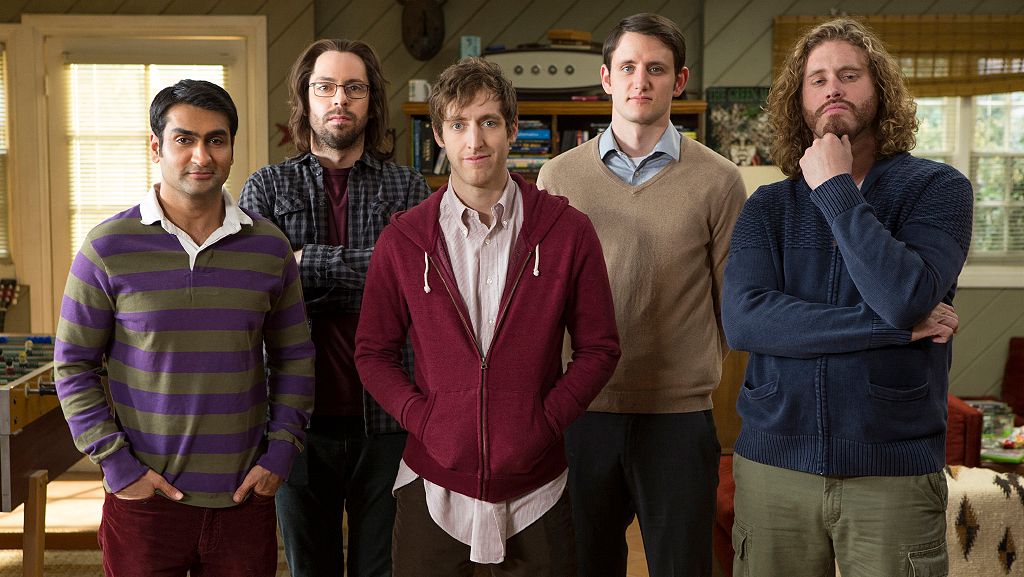
Hi guys. After the publication of the translation of the previous article " Developing Indie RPG: Analysis of Two Years of Development ", again quite decent PMs and letters from the guys who are engaged in indie or are thinking about immersing themselves in it. Thanks for the kind words and huskies; And a special thank you to the two guys who responded to the open request to help with the translation into Russian of my writings and reports. This fast translation of the new article that you are reading now, we all owe to Nikitenkov Valera.
IMHO, the previous article turned out to be realistic but gloomy, as it described in detail the main obstacles we faced (and, in principle, most indie developers face) in the last two years of development of the After Reset RPG . This article is more motivating, because it is devoted to conclusions on the topic “How to be? What to do? And how to deal with all this?
In the course of writing this article, I also traditionally asked fellow Indians to share their opinions and experiences. Almost every indie developer faces sooner or later with problems and situations that I describe below. As the saying goes: " Aware - means armed ."
')
The lack of open publications about the realities of SWOT -development and the almost complete absence of relevant manuals with cases, I personally cost a damn bunch of nerves, time and money. On the one hand, development pitfalls are hidden by medium / large studios for reasons like " this is commercial information " or " this information can harm sales ." On the other hand, during the development, an army of “consultants”, “experienced project managers”, “RP / marketing agencies”, etc. attacks you. - who use the lack of experience in the industry (or in its specific areas) among enthusiastic guys (often, specialists in certain aspects of development).
For two years, I came across only two particularly noteworthy articles (IMHO): " How to Survive Indiepocalypse in 5 Easy Steps " (" How to survive an indie apocalypse in five steps "), written by Vinsem, who took 11 years to create an RPG dreams (but he did it!) and " 5 years of indie gamedev will kill you " ("5 years of indie development that will kill you"), written by Hag and Dank. This year, I stumbled upon another epic video / report from GDC; I hope the guys will help translate for Habr too.
And the final message that defines the target audience for this publication: the tips that I describe below are suitable for indie development teams of 2-21 people (including full-timers and freelancers together) with a project budget of $ 10,000 - $ 900,000.
Rushed)
The dark triad that destroys 90% of indie studios.
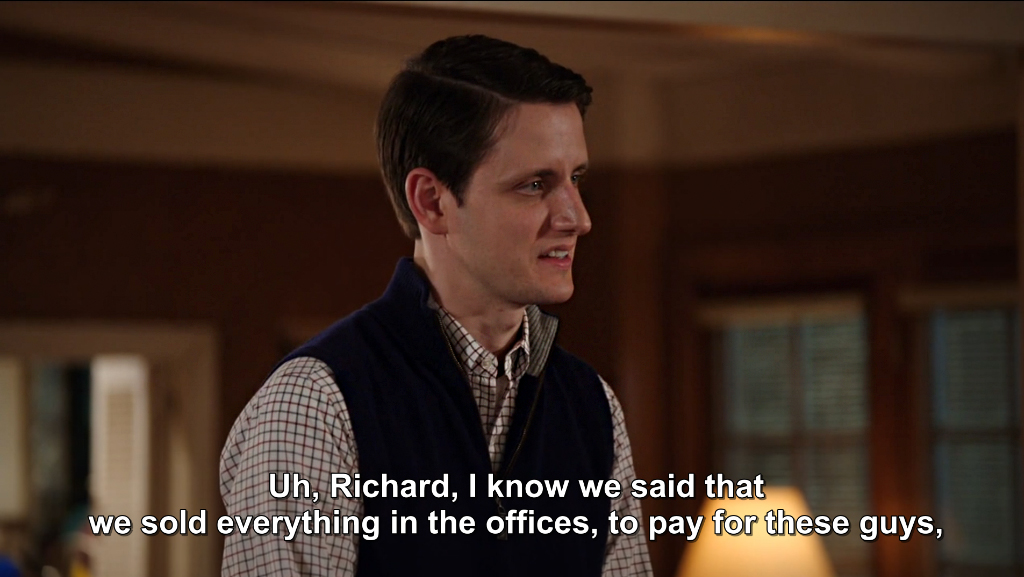
1. The budget is always not enough.
No matter what your development budget is: $ 1,000 or $ 1,000,000 - it will always be missed. And you, one way or another, need to be prepared for this in advance, as if something that does not “ happen, doesn’t happen, ” but “ hell, do you want, don’t want, but happens .” It doesn’t matter what the budget will wake up on: on the human factor, on the bureaucratic, administrative, on health, force majeure - all you can do is minimize the risks, and prepare in advance for meeting this problem. Everyone has a few successful projects on their lips (because it’s interesting to write about them), but behind the scenes of these several debutants there is endless Mordor project cemetery and developers (and not even “indie”), strangled by this first hidden and patient thag .
This will not happen to me!
Everyone initially believes that they will have plenty of money and time (which, in the context of financing, is equal to money) for development. Even if you have a budget twice as much as you originally planned, it does not guarantee that you will not need even more money (including to finance the development, if / when the development period is “suddenly” increased). When you have money, new ideas flow like a river, but after the first 200 PDCA iterations of any part of the mechanics hang in the QA tests, generating bugs exponentially, you will either abandon the ideas or pour in more and more money. to cover this fire.
In any case, if you run out of budget, then consider that the game will not see the light. Medium and large studios can afford to release a stump, the main thing is that in September-December. They are constantly in the work of a bunch of projects, and the death of one, to return at least some of the money and throw them on the development of more promising - for them part of the business model. But for an indie developer, this means, most likely, death.
Scared?) Well, it's not so scary. The strength of this killer is in surprise and secrecy. As soon as you are morally aware of meeting with him, as inevitable, and began to prepare - he loses his buffs.
The first rule - do not be disheartened, and do not panic.
The second rule - when planning a development budget, set a 20% budget for a rainy day. Perhaps (although, no ... “most likely” - this is better), and these 20% will not be enough, but this is better than no reserve at all! Why exactly so many percent? - hz; industry standard (which, in non-food retail, for example, is 30%). If you are not sure that you will be able to stock up on a reserve of 20%, you should generally delay the development.
The third rule - if you have reached it, then immediately plan what to do if 20% is not enough.
How we dugged with this *: As you can remember from the development jungle , some of the money from Kickstarter was stolen from us
* Actually, this title was translated as “How we achieved everything”, but it, IMHO, does not convey the correct essence of the title. But "How are we with this dug" - in the top ten.
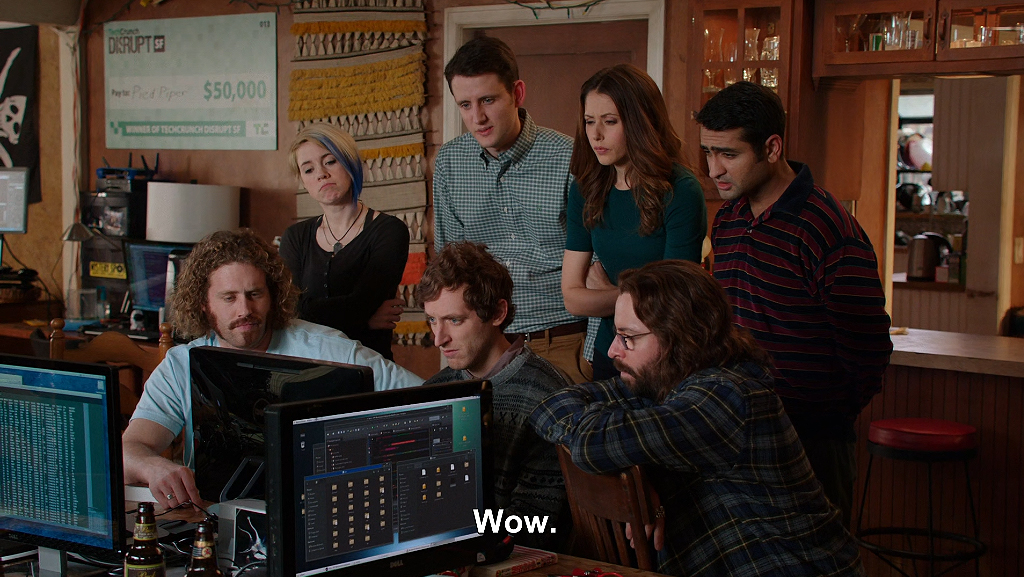
2. Nothing goes according to plan. Never.
The essence of probabilistic reality scenarios is that anything can happen - you just need to increase the sample. And no matter how well you planned everything or for how many years you manage risks, the fundamental principle of Heisenberg’s uncertainty and the human factor make predictions with 100% accuracy impossible. Anyway, in this version of the Matrix)
Everything is bad! What should I do?
And again: do not panic. Regardless of the position occupied in the “ship” team, everyone is equally afraid of “breaking up”. But unlike the entire crew, the “captain of the ship” (and Commander Sheppard!) Has the job to save the crew from monsters, pirates, competitors, the tax authorities, lawyers, distributors, and Reapers.
New threats will arise from nowhere, and even having a plan in your hands (you need it anyway!), Be ready to switch from one planned course to another or pave a new route at any time (in startups this “maneuvering” is called Pivot ).
We track down the problem, find the solution, plan actions, act, analyze, repeat the iteration. If you use the PDCA cycle in your work day after day, week after week, month after month, year after year, your skills (and the skills of your team) in forecasting and managing uncertainties will grow cumulatively.
Beware of tunnel vision. When you are immersed in the daily solution of “routine” development, it is very easy to miss something obvious, like an opportunity or a threat. Do not get stuck - keep your nose in the wind. How did you start? What stage are you now? What are the most likely future options? Will new technologies prevent (or help?) The release of your game? Otherwise, it may turn out like: “ Can Russia produce the best cars on Earth? - Yes, when the rest of humanity leaves the earth and uses teleportation .”
How we dug it: In my life it was enough for one life situations of “life or death”, and the constant appeal to this experience allows me to calmly perceive everything that does not threaten the life of me and / or my loved ones. But if you asked me at the beginning of our After Reset RPG campaign on Kickstarter: “What do you think, if this and that falls on you (we list everything from debriefing in the previous article ) ... will you cope with all this?” , I would answer: "Unlikely."
Absorbed by the first wave of turnover immediately after the company on Kickstarter, I neglected the PDCA cycle, focusing on the pursuit of the asshole who stole money and the search for a group of programmers scattered in the dust. It took me 3-4 months to understand that you need to stick your head out of the sand of current problems, realize that this is not a municipal sandbox, but a full-fledged desert for many miles around, and you need to act and plan with this in mind. Of course, we adapted, but it took away my time, energy and personal money. Now that we follow the described precepts, the world of After Reset is growing relatively calmly and we have not had “sudden shocks” for about 7 months)
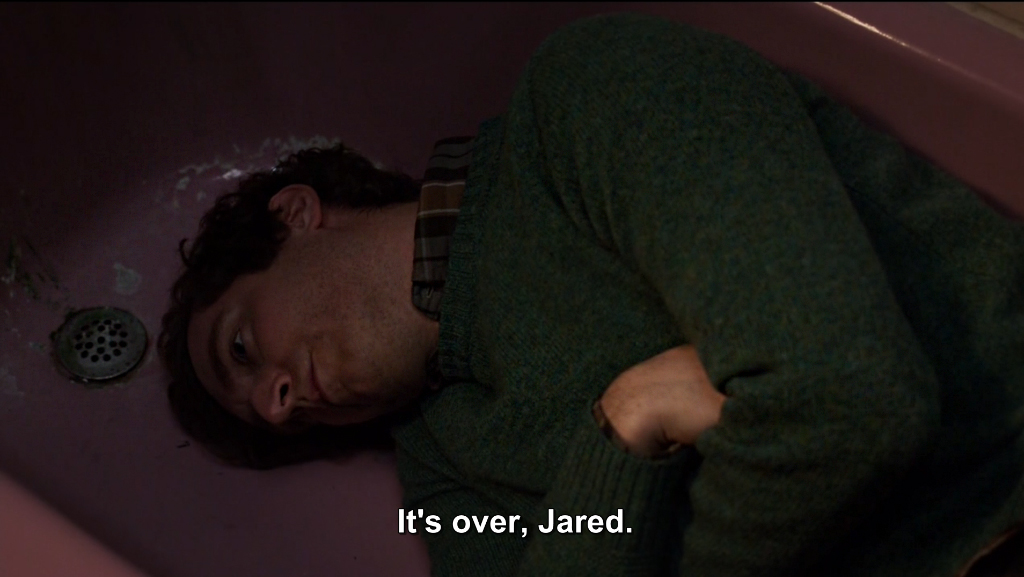
3. After some time you can reach the point where you are ready to send all this fucking development to hell.
"When logic and proportion
Have fallen sloppy dead
And the White Knight is talking backwards.
And the Red Queen's "off with her head!"
Everyone has their own threshold of pain, pressure and stress. Sooner or later your central nervous system will reach the limit, and it will seem that the only way out is to quit working out. When you feel this moment - do not make harsh decisions. Set aside all the business, get enough sleep, work out something else for yourself, spend a day or two on vacation. Believe me, if not paradoxically, at that moment it will sound, but the world will not collapse without you, nothing irreparable will happen to your project during this time, no one will punish you for absence (you are not working in keiretsu ).
Feel your game again, like a hobby sometime. Revive the atmosphere of enthusiasm that raised you at 5 in the morning to “ make this cool thing, which was all spinning in your head while you were sleeping ”. If you do not learn to forget for a moment about obligations and find pleasure in small joys, there is a high probability that a multi-ton burden of responsibility to your team, their families, your family, your bakers, third organizations will simply crush you and your psyche.
Do not give up!
Do not give in to the destructive desire to give up everything. Keep on working hard. Never let fear stop you on your way to your dream. The fear of failure destroyed much more dream games than the failures themselves. At least, this is the statistics.
Often, the best medicine is to talk to other indie developers; share your problems / solutions with the guys and listen to them. The benefit of such open communication at times overrides the fear of leakage of “commercial information”. Communicating with other such indie developers remember that in fact you are competing "not with them", but " together with them ". It always gets easier when you know that you are not the only one who has encountered difficulties; and developers who have already lived through difficult times (not transcendental celebrities from conferences and interviews, but guys like yourself) will be a living motivating example for you that your current difficulties are not a death sentence. And even if colleagues, such “captains” do not have a solution to your particular problem, you can at least find a sincere understanding in their eyes.
However, it is important to keep track of what you say and with whom; do not strike destructive pathos and show your doubts in the presence of your team. Panic on the ship, fueled by emotions, tends to grow like a fire. Imagine the situation: the captain of the aircraft says: “ Dear passengers and crew, the aircraft has two engines of the left wing caught fire, we ran out of fuel. And you know what? In general, I have already exhausted the management of this aircraft! Lord, burn! “. Only one panic would have led to a catastrophe, even if the plane itself, de facto, was in a satisfactory condition and was going to be repaired at the alternate aerodrome.
How we dug it: If you read the previous article with a report on 2 years of development, then you know that we have already visited the edge of the abyss more than once. 16 years of meditative practice, of course, helped me keep my mind over these two years, but it is to communication with other indie developers that we owe to the positive attitude and enthusiastic enthusiasm that we maintain to this day.
It’s hard to overestimate the support of bakers (those who supported us on SEA, Kickstater and PayPal) and fans (who added our Steam game to your wishlist, wrote a couple of warm words or liked our updates). When a few thousand people morally support you, help with tests and in general - just like you yourself expect a dream game that you work on together - this is very motivating. Confidence and strength fill you, young padawan.
It should be noted that the rule "to think with whom and what to share" I myself have violated, despite all the warnings and previous experience. I shared current problems at the beginning of our development with newly found programmers. It cost us the loss of, in fact, these programmers - they left us, deciding that we would not survive half a year of developing such a huge project with a penny of our resources.
5 tips with maximum ROI for indie developers

1. Be open.
You ask: “ Richard, what the hell? You just said that you need to keep problems with yourself . "
Do not go to extremes. The boundaries of optimal transparency lie between carelessness and mystery. Each captain decides for himself (and is responsible for his decision) where and how to position the development. The larger the company, the smaller, de facto, for it means the opinion of specific players and employees, and the greater the importance of mass advertising and crowd behavior. Large campaigns can make great money even with super-negative reviews, quietly being in the top of sales on Steam, for example. Indie developers can not afford this.
Small indie teams are very dependent on the community and have to reckon with the opinions of their players. The core of our community of After Reset fans, we actually created by hand (about 5 thousand people). I myself carried and studied each of the bakers, I communicate with many directly by mail; together with Max, we manually sent out the keys for SEA to everyone personally and also personally apologized for the delay in development.
For After Reset , as part of the development strategy of the entire universe (while another strategy of your personal project can lead to a different interaction strategy with the target audience), we use audience segmentation based on the division of counterparties in CIA:
• Development team (" Agency staff " or " Ship Crew ") - all members of our team have full access to everything that happens and knows a lot of personal information about each other.
• Co-faunders (" US Congress ") - the most loyal and devoted fans who understand what we are doing and how difficult it is to do it; do not judge until they have the facts. If we stumble, they will reach out and help you to stand up, and will not gather a crowd and kick a person lying down.
• Backers (" US Citizens " or " Our Taxpayers ") - support us with their money (aka "taxes") through Kickstarter, PayPal or Steam. De facto, we work for them, and all we do is to pass their approval sooner or later. In fact, as already mentioned above, there are several development strategies for projects and several tactics for interacting with the target audience arising from these development strategies. In our particular case, I simply inherited the old army approach: " At the beginning, rake the crap that happened; and only after that, report to the higher command. It is waiting for you to make decisions, not to declare obstacles ."
• Fans (" US Citizenship Candidates ") - added us to your Wishlist on Steam, are waiting for the game to exit, and follow the development process, not forgetting to like and share information on social networks. They share a common positive attitude and our vision of the game and the universe, and we, in turn, try to repay them with personal attention, additional content, contests, and keys.
• The crowd (“ Residents of Other Countries ”) is the largest audience on the open market. At the same time, this is the target audience of mass projects of large and medium-sized gaming studios, with which indie developers are extremely difficult (if not “impossible”) to compete. As a rule, these guys only recently / accidentally became acquainted with the After Reset universe, and although some of them may eventually join the ranks of fans, bakers or co-founders, mob involvement lies outside of our strategy and financial capabilities.
• Freelancers (" Mercenaries ") - the guys with whom we work from time to time, hiring to perform certain specialized tasks. Despite the fact that they are rapidly appearing and disappearing, we treat them with respect. After all, the core of the permanent team was formed precisely from such once-partner lancers and enthusiasts. And it is possible that the person with whom you are currently working on a small part, will later lead a whole direction in your development of full time.
• Hayters ("Anarchists") - people and trolls who spend their life time and their money to harm the development. They will do everything in their power and mood to slow down development, bring chaos and confrontation in public. No matter how big or small a mistake you make, they will always be there, throwing stones at you and trying to gather a crowd with torches and pitchforks.
Despite the fact that you, of course, must consider each complaint / report of fans - there will always be trolls for whom the conflict itself will be the goal of the conflict. It is simply impossible to interact constructively with such people (since you and they have opposite goals). It is very easy to distinguish a preoccupied fan from a caustic hayter: when a fan reports that “something is wrong”, he immediately suggests “what to do about it”; when a hayter reports “something is wrong”, he offers nothing, preferring to exaggerate the problem. The fans and you have one goal: to release an interesting game. Haters have the opposite - to prevent the game from exiting. According to the Theory of Games , the optimal strategy for interacting with heaters / trolls is to not interact with them at all. On Steam, they are also helped by the signs in their accounts, like hiding from view, zero reputation, obscene remarks in the history of other discussions. Paraphrasing Le Bon and his " Mass and Peoples Psychology ": ignore the haters / trolls and ban them (and their alt accounts that they produce) if the Steam rules were violated.
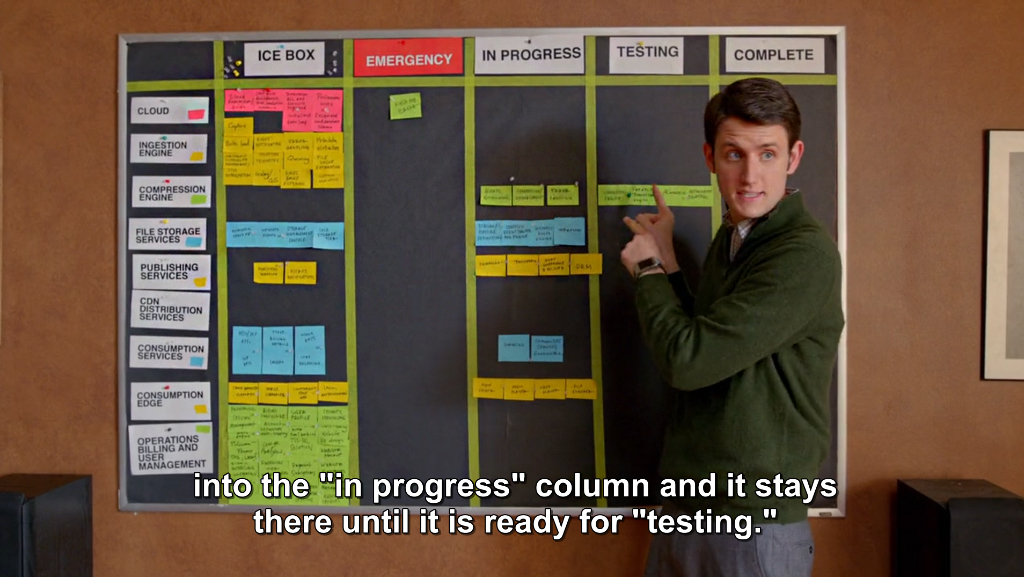
2. Implement AGILE. ASAP.
If you still do not know what it is, then invest your time in at least the basic awareness of this technique. At a minimum, spend a week learning basic information about Agile , SCRUM and CANBAN .
The best solution (IMHO), if you have not yet implemented this approach, will be investing $ 2-5k in coaching to those who already have more than a year's experience in implementing this methodology in indie teams of the same format as yours in game development or software . At the same time, my advice is not to hire consultants who act according to the “instructions”, but involve someone from the industry, an owner / developer / author who can act as a mentor, and not a consultant.He himself was repeatedly convinced of the expediency of just such an approach (both from the side of the one who attracted the mentors and the mentor).
Keeping in touch with the guys who, from freelancing, went to work in such modern zaibatsu as EA, Bioware, Bungie, Blizzard, Riot Games, I would say that the AGILE-methodology does not work equally effectively for different sizes of teams and companies on different vital cycles. So, if you have a sad experience of participating in AGILE in a medium / large company, do not discard it - remember that the system really reveals itself in indie startups. Flexibility, mobility and personal involvement are one of the key benefits of indie development — your key benefits. Use them wisely!
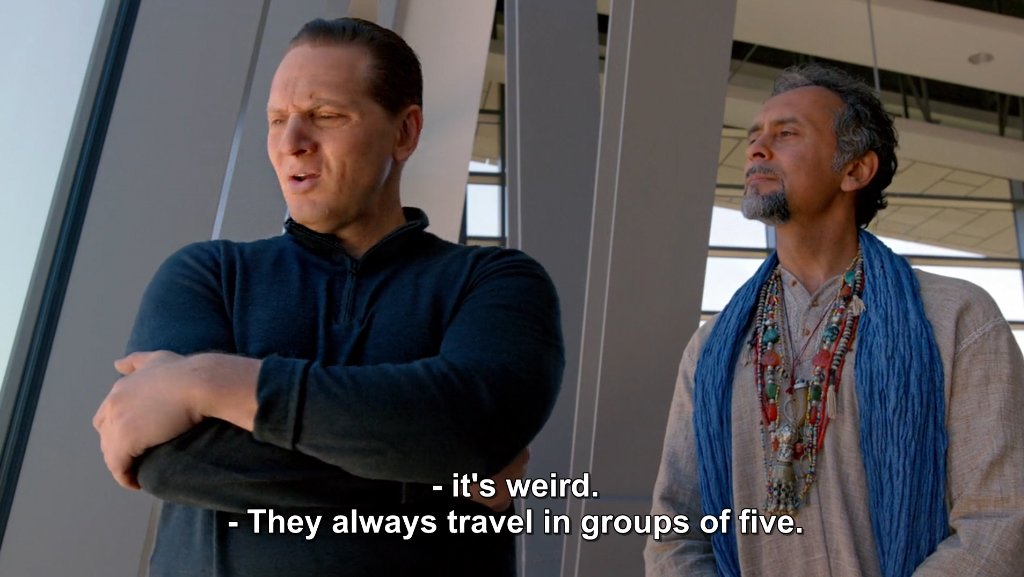
3. Use the MBTI.
One of those things that I retrospectively regret was that I later recalled the use of the Myers – Briggs Type Indicator (MBTI) typology . And even then, maybe he would not have remembered that would apply to organizing teamwork, if Jeremy would remind me of her.
Practically speaking, ask all the guys from your team to pass (and themselves pass) this simple test on a site like 16personalities (only in English. If knowledge allows). After, read the results together and discuss them.
Remember, there are no “good” or “bad” people (or personality types) to solve problems; there are only people (or types of personalities) more than others suitable for solving a specific task. In your hands is the creation of the most effective team. And the mentality (personality type) of the person solving the problem matters not less than his competence. A diversified team, in which the strengths of some participants cover the weak rear areas of others and vice versa - helps strengthen the team and reduce risks, and all together strengthen the team spirit and morale.
Again, you are lucky if you find a mentor. But even without it, using the MBTI will bring you many benefits. It’s quite normal if you see that the guys involved in the development see and perceive the world and this very development in a completely different way from yours. The use of MBTI will also increase the speed / quality of interaction between all team members. including the effective exchange of ideas and conclusions.
By the way, my own personality type is “Sentinel: Logistician” ISTJ-A :)
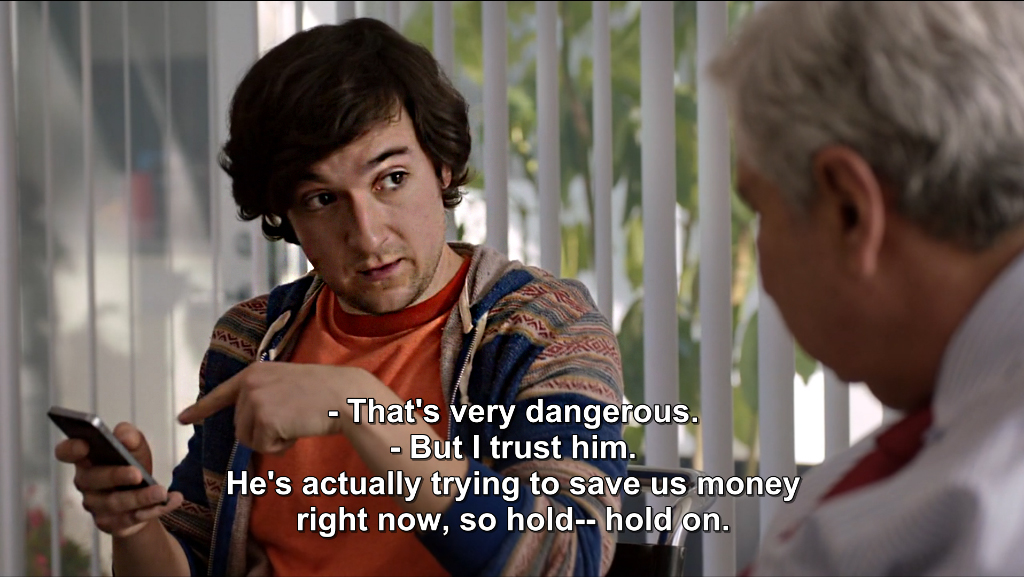
4. Keep the documentation in order.
Have you seen the movie Guys with Stems ?
You can’t even imagine how many games and ideas were
Protect each development element with the right. Even if volunteers or fans help you “free of charge”, arrange everything with volunteer agreements.
More than once witnessed situations where Apple, Steam and other digital distributors were forced to block the game on the shelves (which in itself could lead to the failure of indie games) due to the fact that someone from the minor distributors claimed their rights elements of the game, as a third party, and the developers, of course, did not have documents that argued the ownership of these elements.
Try to make the non-Disclosure Agreement (NDA) with all the parties, participants or contributors, the development of the same. Especially with freelancers. Do not forget about the clear prescribing of the dates and amounts of remuneration, deadlines, pennies for their violation, the fate of the source, etc. Do not provoke the possibility of conflicts, such as the discovery of your assets on the drains for the tenth value of what you paid for them.
If (or when) legal crap happens - it is for you to clear it up. You must foresee and insure against such situations. Dura lex, sed lex - let the law work for you.

5. Invest one day a week in education.
“Six days shalt thou labor, and do all thy work;
but the seventh day is a sabbath unto the education. ”
If you work on your game alone, then one day a week is worth spending on self-education. Spend it on studying the market, industry, software or tools. Do not work on your game that day! On this day, we only absorb information and evolve.
If you already have a whole small development team, then send the guys to give this day to education too (even if you pay for this day). Let programmers, modellers, artists, narrative designers, level designers, game designers, into all others - this day they will expand their knowledge and attitudes, knowledge and skills. Attention: also keep them away from the development of your games on this day (you might even forbid categorically to forbid them to do this on this day). A good decision would also be to hold an informal meeting at the end of the day in all and share those who had learned that cool day.
In a few months, this time investment will pay off with interest.
* * *
Well ... Of course, our whole experience cannot be crammed into one article. In addition, I am not a writer or a journalist. I am the same carbon life form as you guys :) I also realize that in most cases, advice has a low subjective value when an adresat receives them for free. But at the same time, I remember exactly how I myself needed these tips a few years ago, before I started the All Heavy Indie Game Maiden.
So, do not hesitate to ask questions, post constructive comments, and share your tips and experiences (only, stick with specifics). And, of course, you can write to me on email, Kickstarter, or on Steam, if that. Always sincerely open to the effective exchange of experience, insights and resources among fellow developers.
Diligence is the mother of success. Never give up on the road to a dream!
Sincerely
Richard.
Source: https://habr.com/ru/post/316834/
All Articles